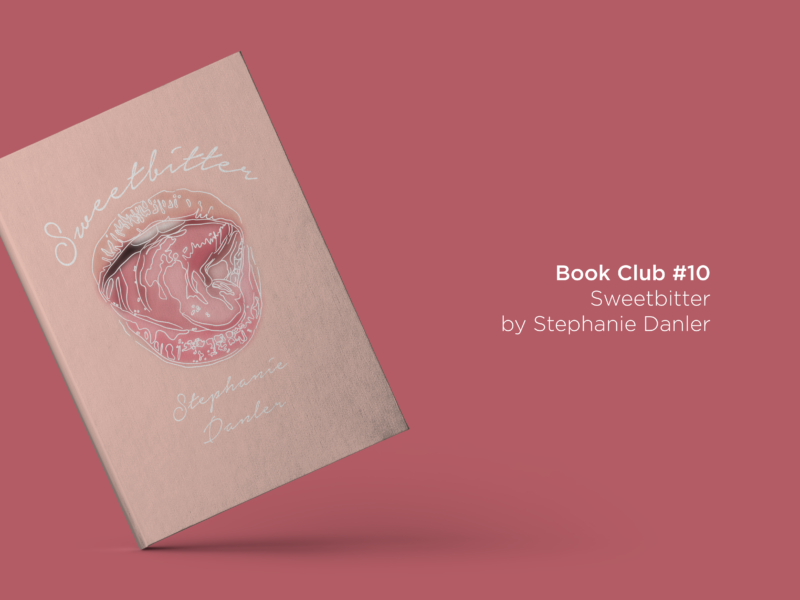I was recently gifted Adventures of a Young Naturalist: The Zoo Quest Expeditions by Sir David Attenborough because despite having spent many years watching, and loving, his documentaries, I’d never actually read any of his books. Despite initially being daunted by getting to grips with such a big hard back, I was just as delighted by reading about Attenborough’s adventures as I would have been watching them.
In case you’ve been living under a rock, Sir David Attenborough is an English veteran broadcaster and naturalist.
Essentially, he’s something of a British broadcasting legend. Adventures of a Young Naturalist combines three books he wrote in the 1950s to accompany three series of the BBC program Zoo Quest, which were the first nature shows of their kind and were the beginning of Attenborough’s illustrious career. The three logbooks have been updated and abridged in places but retain their original spirit and include a number of photos from the time.
As Adventures of a Young Naturalist is a collection of other books, it follows that the three key sections are discrete and each cover a single trip. Within each section, every chapter also contains a discrete story, as if each one is a mini-episode, which means the books lend themselves well to comparison with Attenborough’s small screen programming.
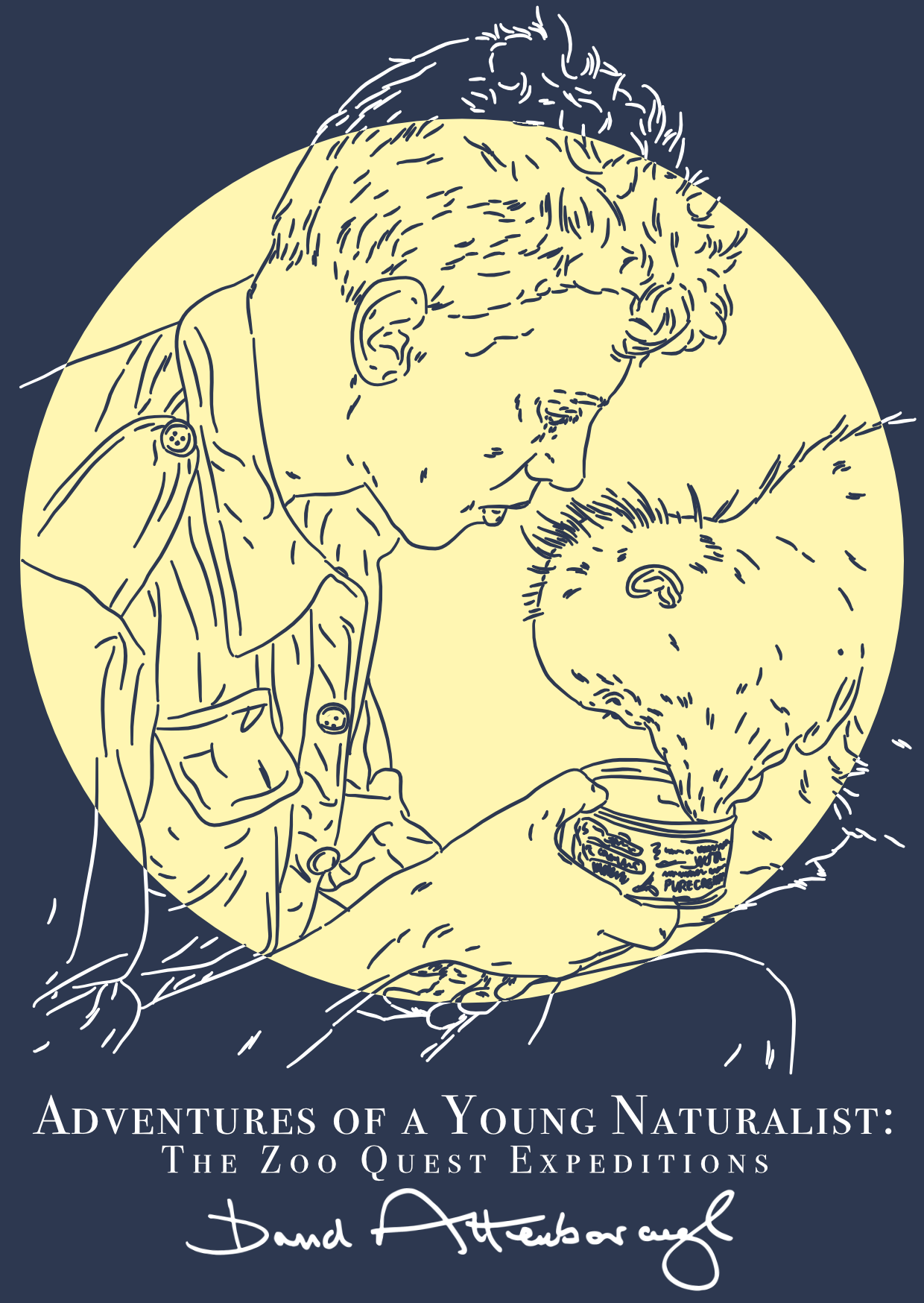
It’s easy to get swept up in Attenborough’s storytelling. Each story has just the right mix of excitement and gentle humour that it keeps you engaged but always feeling safely along for the ride. I think the fact that you can genuinely hear his voice in your head as you read is both the greatest asset of the book and a real testament to his power in broadcasting. There are few voices I know so well in audible and stylistic tone.
It’s not just how the stories are told, that keeps you reading. It’s fascinating to learn more about the way nature was approached what is now half a century ago. I’ve grown up with nature documentaries and google image search at my fingertips, so I can clearly picture the majority of the animals the team set out to find in the books. But to imagine seeing many of these creatures for the first time, through the eyes of someone so passionate is thrilling. Plus, there are some real characters in the book both animal (the armadillos are some of my favourites) and human, who really make these stories feel like adventures rather than just a catalogue of exotic creatures.
I do think that if I were to read this again, or if I could go back in time and have a chat to my January self, I would recommend reading Adventures of a Young Naturalist in sections. I would even, perhaps, read something else between the different Zoo Quests. I say this, not because I didn’t enjoy it, but because I think each story loses its impact when read hurriedly – like if you try and walk around the entire Louvre in an afternoon, by the third hour all of the master pieces you’re seeing blur into one. So perhaps this would be a perfect commute companion.
If you already know and love programs like Blue Planet, or if you just have an interest in adventure, I would highly recommend picking this one up. It’s easy to pick up if a little tricky to put down.
SOME QUESTIONS TO PONDER AS YOU READ
- Do you think that a similar expedition could be done now? Why? Would anything have changed?
- Did you enjoy the episodic nature of the chapters and sections of the book?
- Who did you think stood out more within the narrative the animals or the people encountered?
- If you’ve seen any of David Attenborough’s documentaries, how did reading about his adventures compare to seeing them on the screen? What were the similarities/differences?
IF YOU WANT SOME FURTHER READING TRY…
- As ever, I’m leading with a Guardian review. This one’s a little different to normal though, as it focuses in on some of the best images from the book
- Damian Whitworth’s review for The Times really gets to grips with the nostalgic aspects of the book
- It’s the people rather than the animals who are the stars of the show, says Patrick Galbraith, in this piece for Country Life
IF YOU WANT MORE BOOKS LIKE THIS HAVE A LOOK AT…
- Any of Attenborough’s other books
- Roger Deakin’s Wildwood: A Journey Through Trees
- Helen MacDonald’s H is for Hawk
Ernest Hemmingway’s The Moveable Feast - Alice Oswald’s Woods Etc.


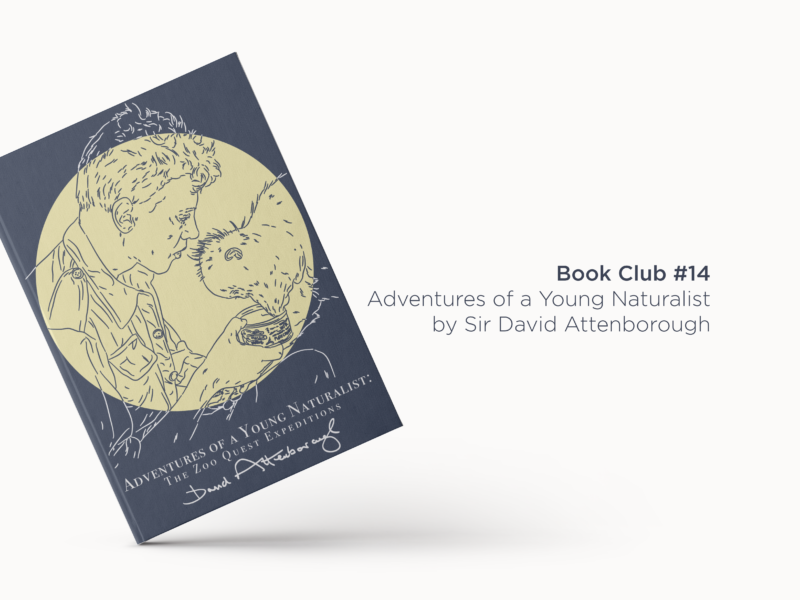
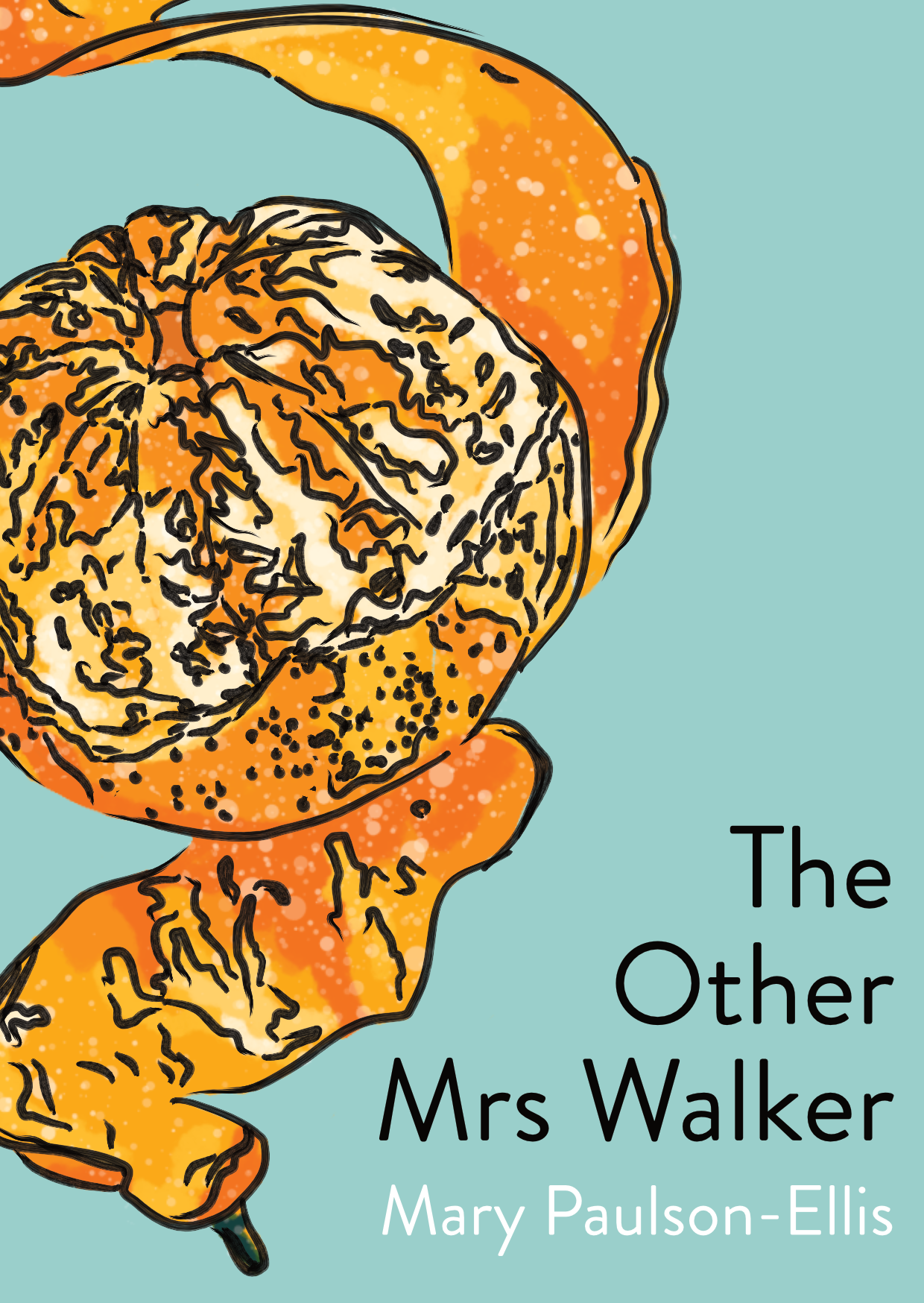
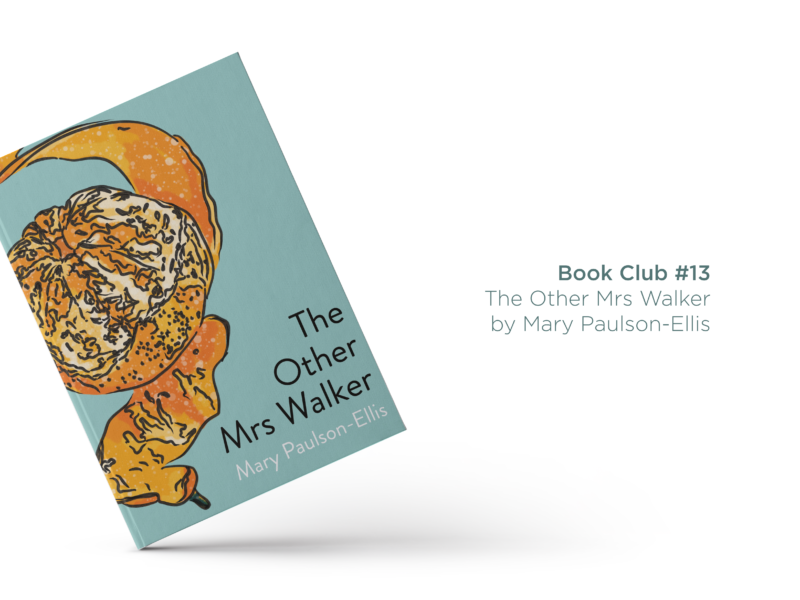
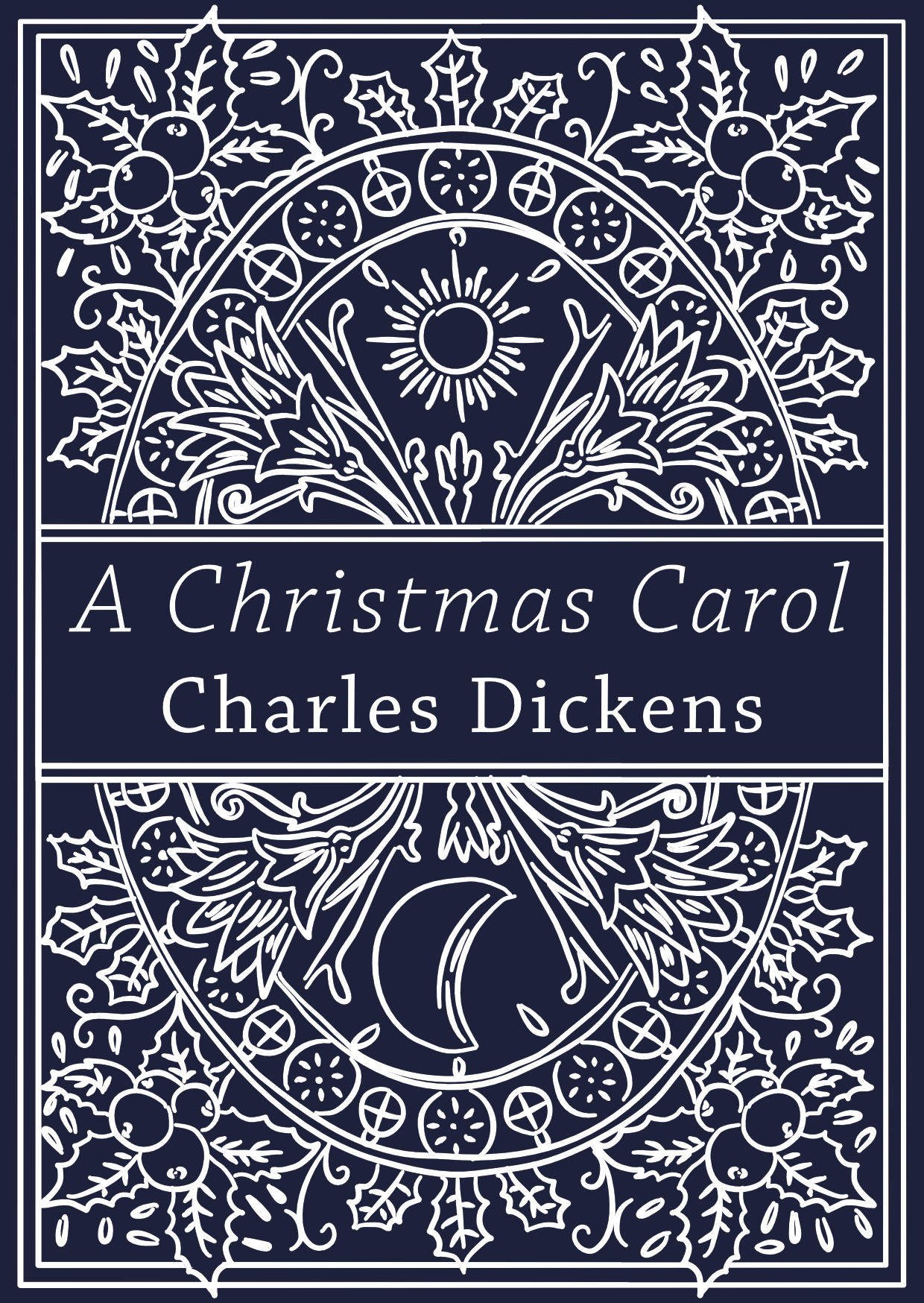
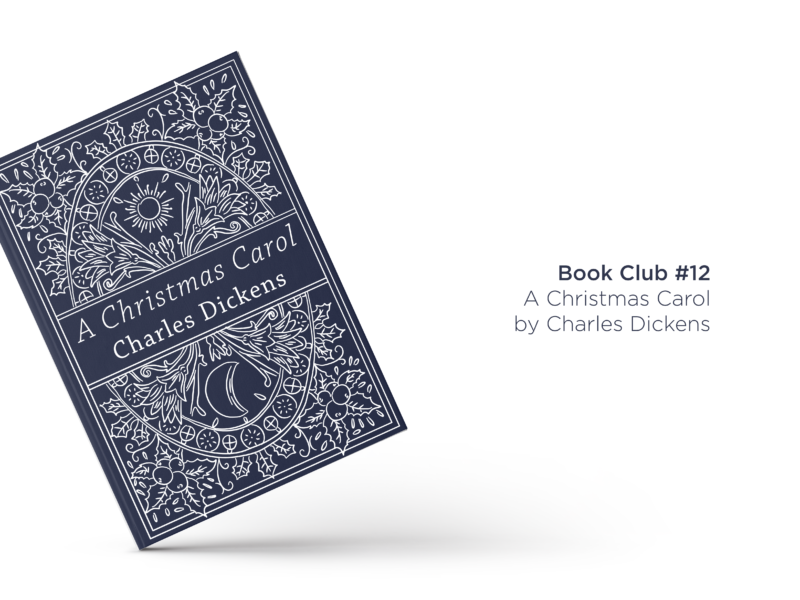
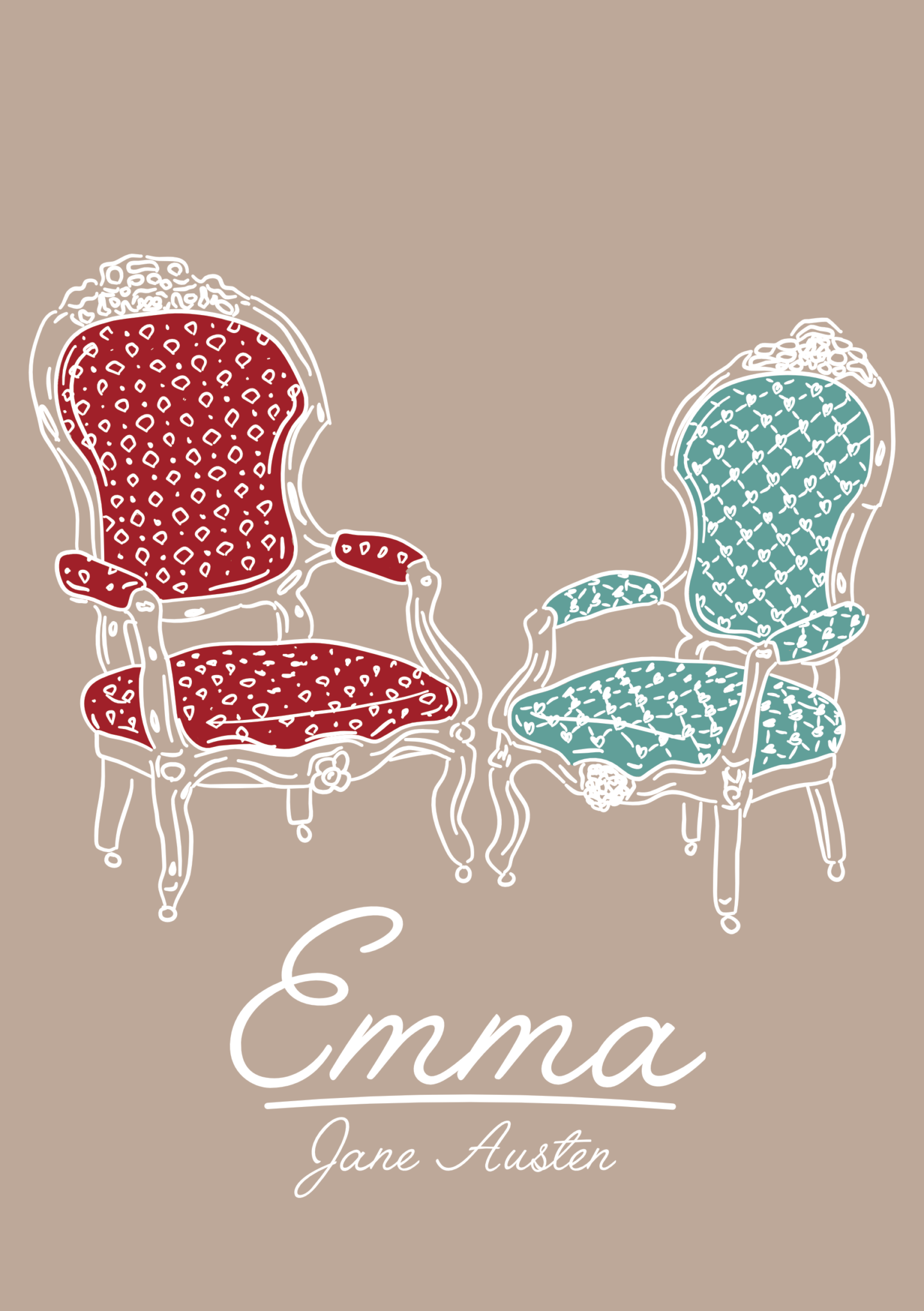
 SOME QUESTIONS TO PONDER AS YOU READ
SOME QUESTIONS TO PONDER AS YOU READ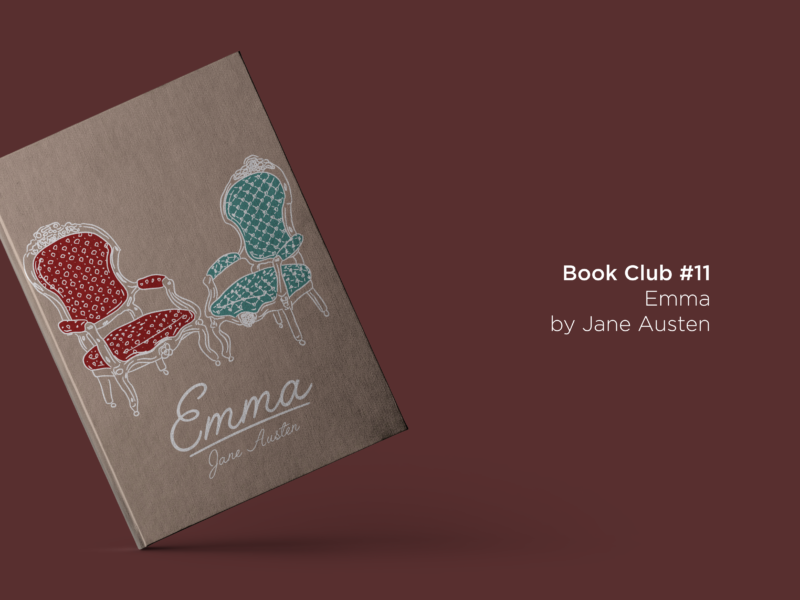
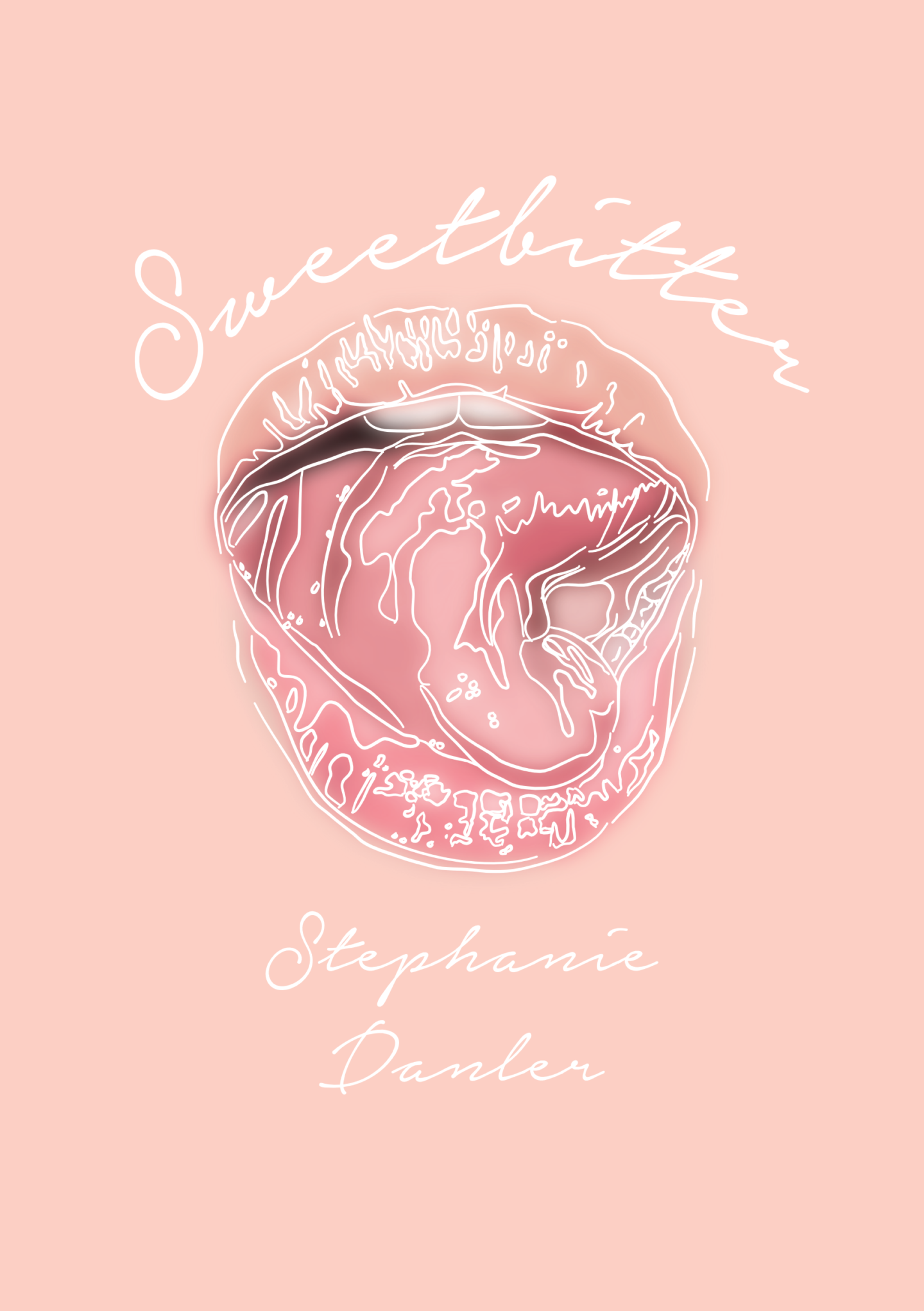
 SOME QUESTIONS TO PONDER AS YOU READ
SOME QUESTIONS TO PONDER AS YOU READ